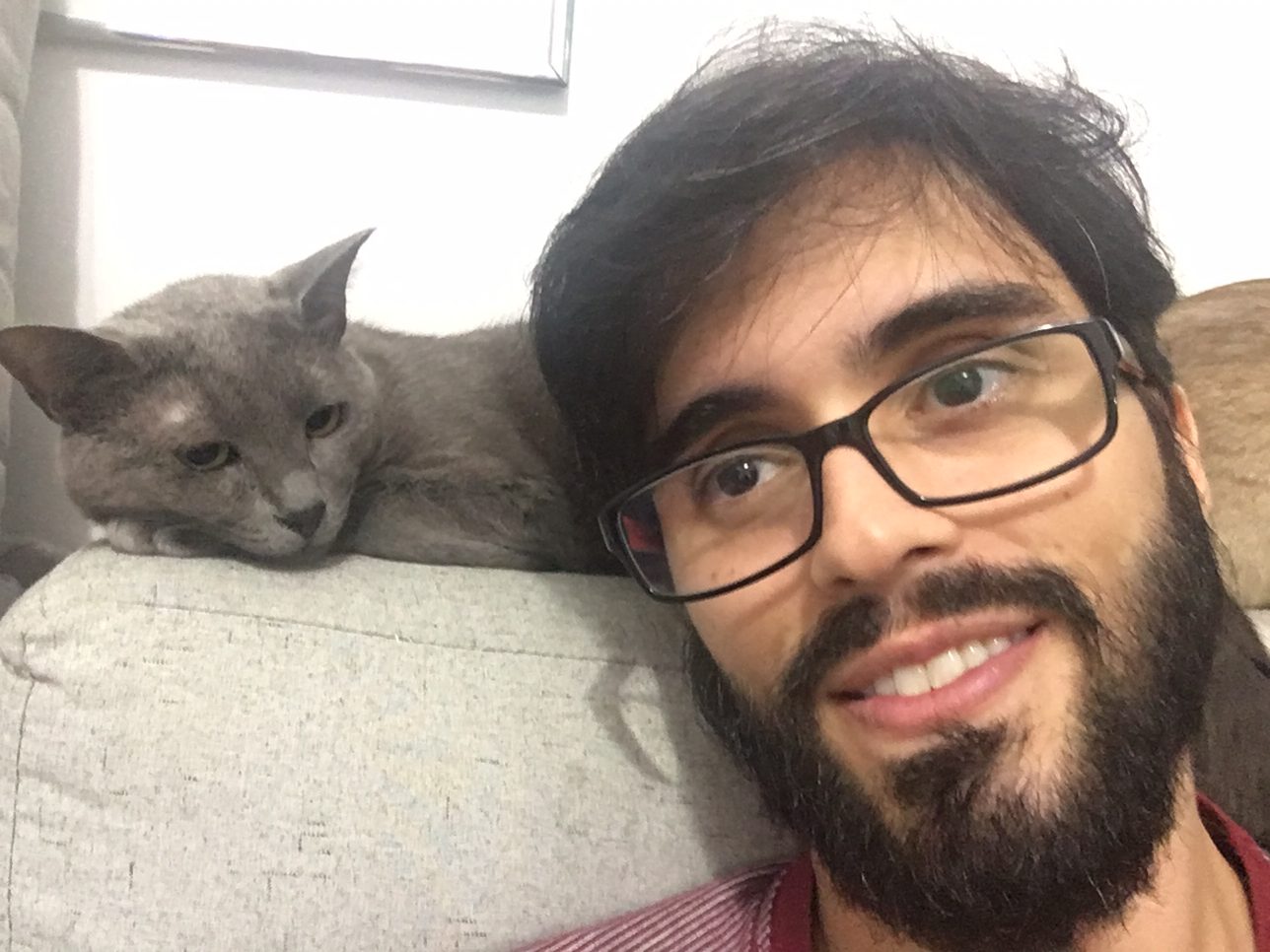
Be proud of your English – How to incorporate English as a lingua franca into reality.
A Finnish researcher coming to Vienna for a gathering on human hereditary qualities; an Italian planner haggling with forthcoming customers in Stockholm; a Polish traveller talking with nearby restaurateurs in Crete: they all impart effectively in “English”, however which “English”? All things considered, odds are it isn’t the language you hear in talk shows and cleansers ads on British or American TV, but instead a scope of “Englishes”, with a sufficient normal centre to make it practical as a method for correspondence.
It is even guaranteed that a European assortment of English, once in a while named “Euro-English”, is currently advancing to fill in as a European most widely used language. At this point, nonetheless, this new assortment of English has not been depicted, to a great extent since it is at a particularly undeveloped stage in its advancement. Everything we can say with any level of conviction is that English as a most widely used language in Europe (ELFE) is probably going to be some sort of European-English crossover which, as it creates, will look progressively to mainland Europe instead of to Britain or the United States for its standards of rightness and propriety.
Jennifer Jenkins accumulated information from associations among non-local speakers of English to build up which parts of elocution mess understandability up when English is communicated in as an International Language. This empowered her to draw up an articulation centre, the Lingua Franca Core, and sure of the elements she assigns centre and non-centre give proof with regards to the logical advancement of ELFE elocution.
The features of the Lingua Franca Core are those that were found to be crucial for intelligibility. They include: consonant sounds except for “th” (both voiceless as in “think” and voiced as in “this”) and dark “l” (as, for example, in the word “hotel”); vowel length contrasts (e.g. the difference in length between the vowel sounds in the words “live” and “leave”), and nuclear (tonic) stress (e.g. the stress indicated by capital letters in the following: “I come from FRANCE. Where are YOU from?”)
Taking the Lingua Franca Core as my beginning stage, I anticipate that the way to express ELFE will, over the long haul, foster certain attributes. For instance, it is improbable that “th” will be an element of ELFE pronunciations, since essentially all mainland Europeans other than those from Spain and Greece have an issue in delivering it. What isn’t clear at this stage is whether the ELFE substitute will be “s” and “z” (as utilized, for instance, by many French and German English-speakers) or “t” and “d” (as utilized, for instance, by numerous Italian- and Scandinavian-English speakers), or regardless of whether there will be degree for territorial variety. In any case, considering that clients of “s” and “z” dwarf clients of “t” and “d”, we foresee that eventually the previous will turn into the acknowledged ELFE variation.
So far, examinations of an assortment of connections, for example, relaxed discussions and scholastic conversations uncovers that no significant interruptions in correspondence happened when speakers submitted at least one of the accompanying destructive “linguistic sins”:
– Using similar structure for all current state action words, as in “you look exceptionally pitiful” and “he look extremely dismal”.
– Not placing an unequivocal or endless article before things, as in “our nations have consented to arrangement about this”.
– Treating “who” and “which” as tradable relative pronouns, as in “the image who…” or “an individual which”.
– Using simply the action word stem in developments, for example, “I anticipate see you tomorrow”.
– Utilizing “isn’t it?” as a general label question (rather than “haven’t they?” and “shouldn’t he?”), as ready “They’ve completed their supper presently, right?”.
– In this regard it is baffling that “valid” materials presented to students keep on being founded distinctly on corpora of local speaker use. ELFE students need portrayals drawn from cooperation between non-local speakers in the settings in which they also will later partake.









